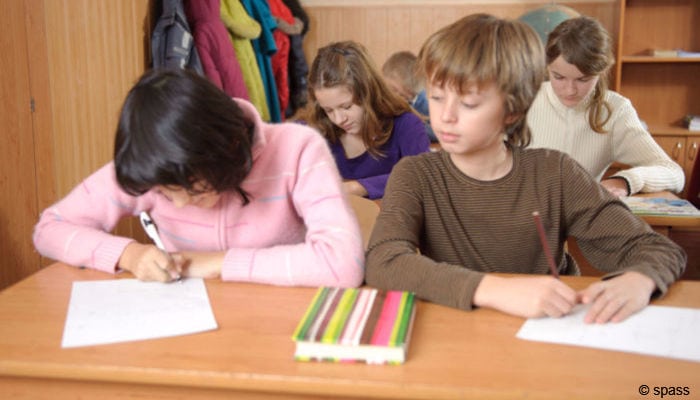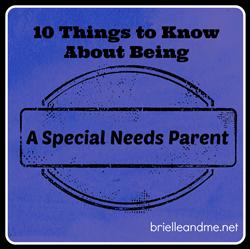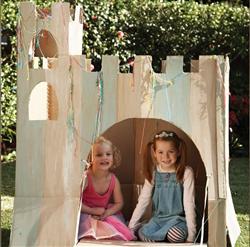The Cost of Cheating
By Guest Blogger Lisa Doss
Over the past couple of years, I have found myself instilling the same message in my daughter, as I once said to my middle school students: “Any assignment that has your name on it, represents you, your hard work, and character.” Together, we were working on improving skills, such as reading directions and using good penmanship. My daughter shocked me when, upon picking her up from school, she said, “I copied answers off of Molly’s paper, and I was called a cheater!” My first thought was, “My goodness gracious, you are a kindergartner.”
On the ride home from school, I asked my daughter questions. What she gained was a connection with the girl whom she copied answers from. My daughter was excited until I asked her to explain whether the short-cut worked. Suddenly, the true reveal was that she felt humiliated in front of her classmates, was publicly called a cheater, asked to apologize, and lost the privilege of sitting with classmates during lunch. The spiral of negatives became a substantial price for cheating.
From a Child’s Perspective
Between the ages of five and eight, children have a different perspective on completing independent tasks. It is viewed similarly to the rules of a game, in which they feel it is more important to finish first, and gain the empowerment of a win. Thus many children may believe, despite the humiliation, the win is worth the feeling of success.
Child psychologist Lawrence Balter writes, “Kids under the age of five generally do not attach any moral value to cheating. They view it as just playing. And, the kids they’re playing with often will not hold a grudge. Kids between the ages of five and seven, however, will tempt the opportunity of cheating by quietly taking an extra turn in a game or purposely miscounting when moving a playing piece across a board. By the time a child is eight years old, however, he is well aware that cheating is wrong and more risk is involved than getting caught.”
The Value of Games
Competitiveness is relevant in every game. The value of winning is just as important as understanding a loss. Young children should not be allowed to “win” out of fear of hurting their feelings; instead, parents and teachers should introduce games which offer specific skills, such as making choices, deductive reasoning, and probability, for instance. In games which have a connection to the real world, it is important to compliment a good decision, ask a child to talk through their choices, and especially, banter why successes and failures occurred.
Not old-fashioned at all, board games are viable tools which allow children to physically move a pawn or handle dice and/or money, which in turn help to increase counting skills and provide practice in taking turns, and making decisions. If a child is caught moving too many spaces, it is important to identify the mistake, and politely ask the child to count again. Adults who play with young children should not take short-cuts. Children need to see each space moved by the pawn as it coordinates with the verbalized number.
Expectation of a Student
Good grades independently achieved are a source of pride for any student; yet, as parents, the focus needs to be redirected from chiding to allowing children to verbalize how individual achievements occurred. Students can ask themselves to reflect on whether a new studying technique was implemented, or an assignment or project was started early. Children who take time to consider their failures can approach it as a means to improve. The feeling no longer is weighted in negative feelings, but substituted by a new desire and ambition to seek change. As we know, not all ideas are effective; instead, a student’s expectations on performance and grades can alter on occasion. And, while reflection is rarely a tool used to analyze both our mistakes and successes, young children, especially, can be guided to think through their choices, and discover more about themselves. We all cannot “win” every time; yet, learning from our mistakes, perhaps, is a means to grow and, essentially, to become better. Are we not all on a learning curve? Indeed!
Thank you to Forsyth Family magazine for letting us re-run this article on TMoM!







